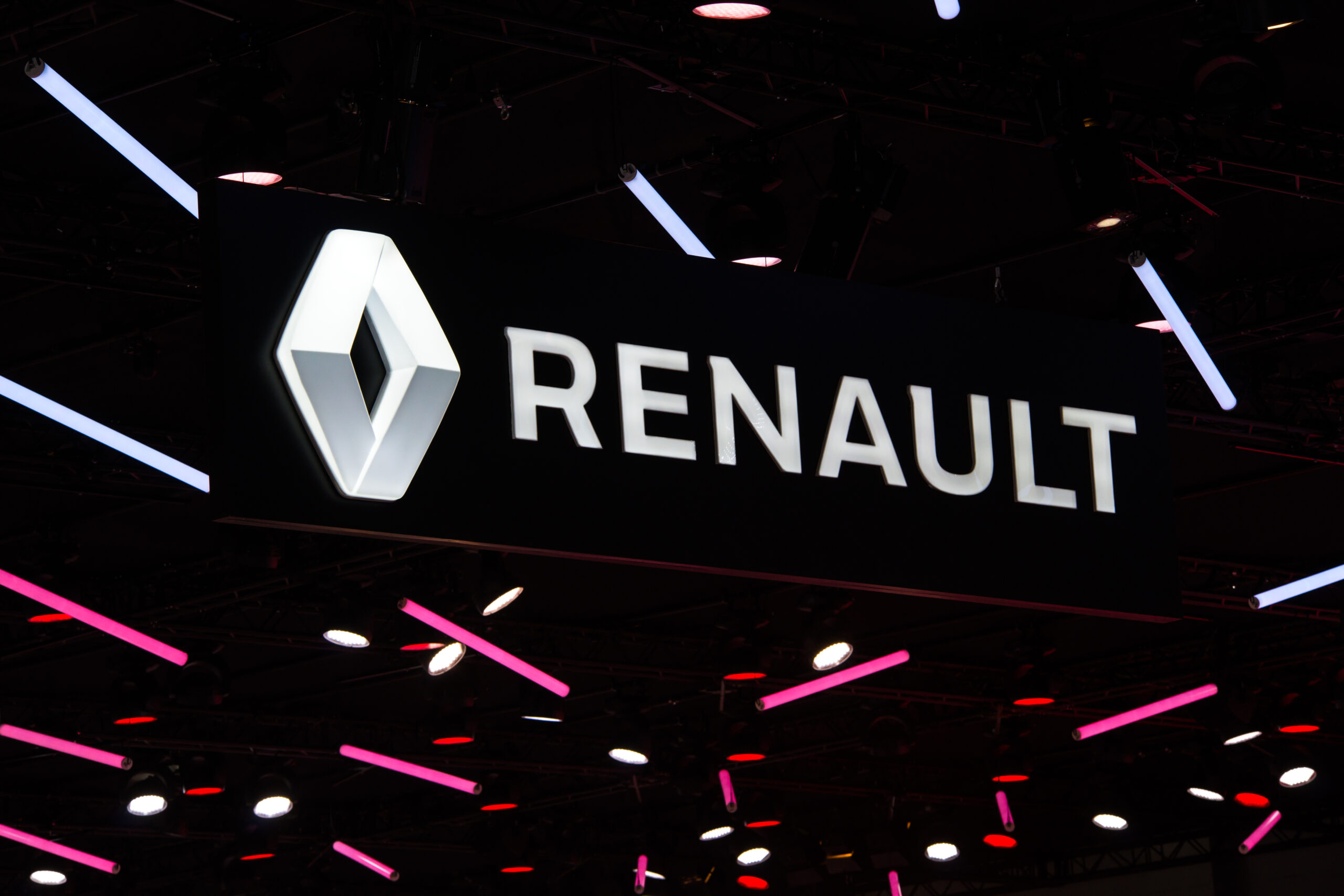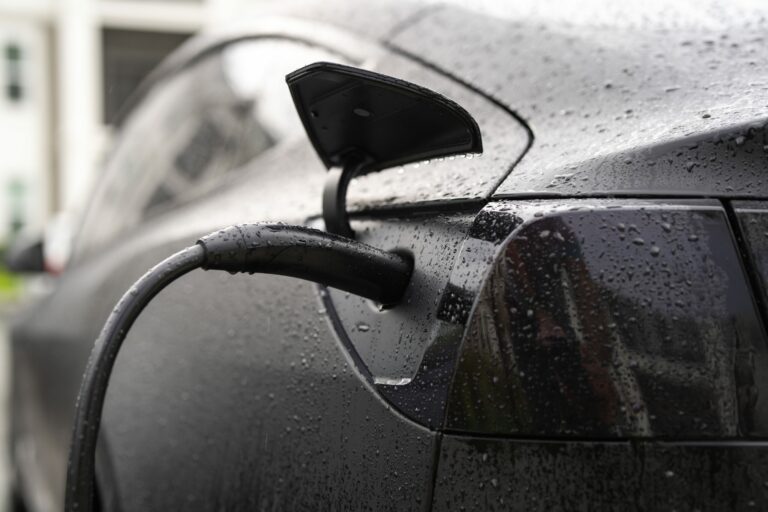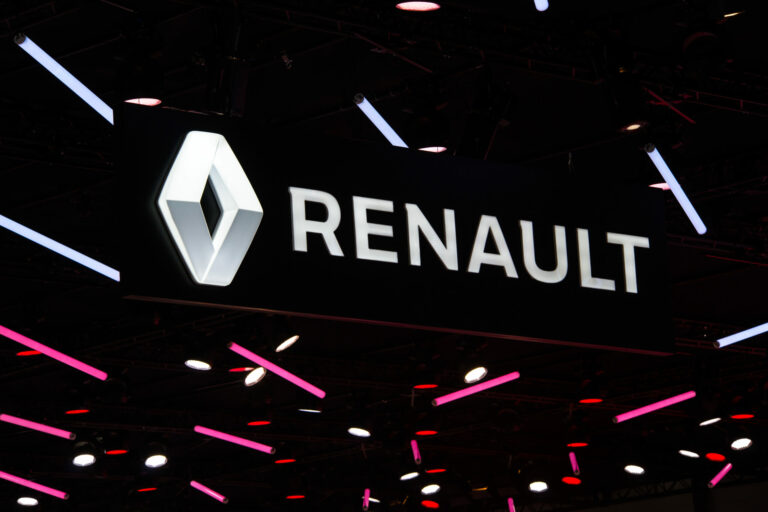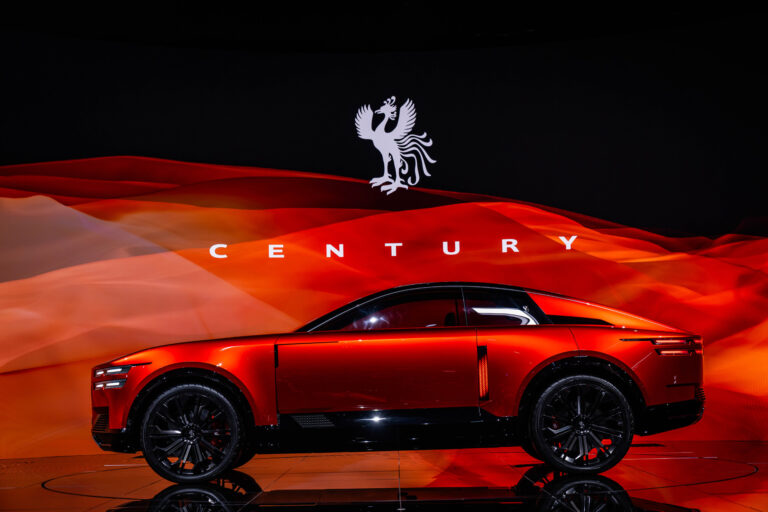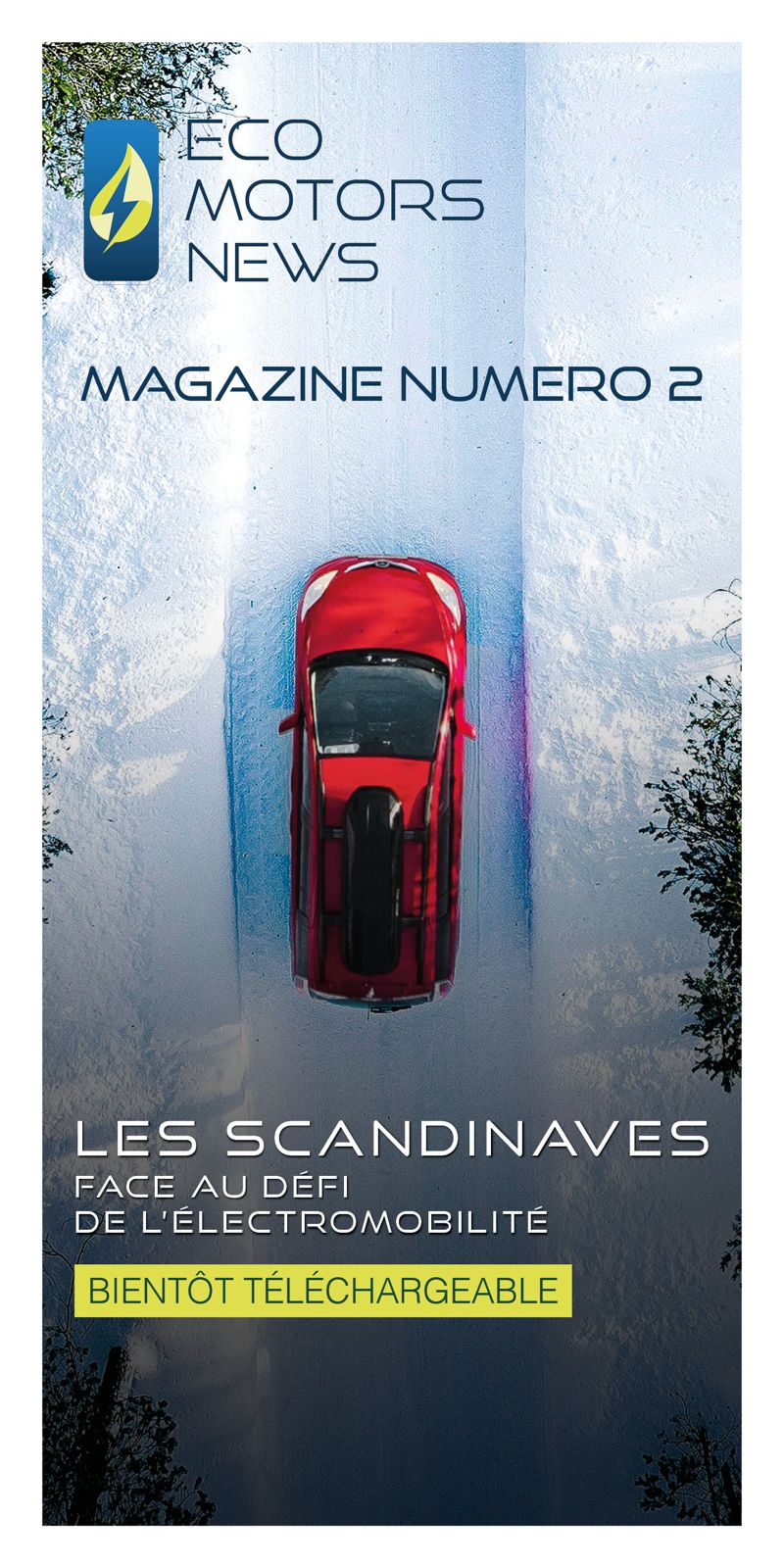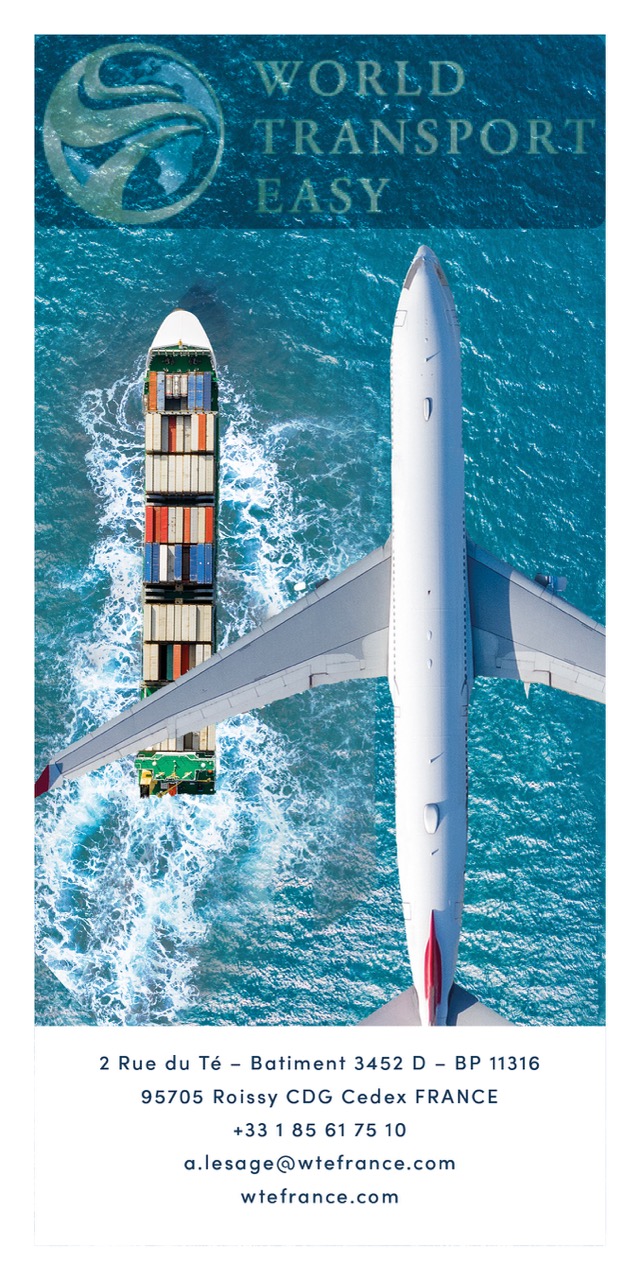Faced with rising prices and competition from China, Renault is proposing an ambitious strategy. The group wants to freeze European regulations on small electric vehicles for ten years. The aim of this initiative would be to create more affordable cars adapted to urban needs.
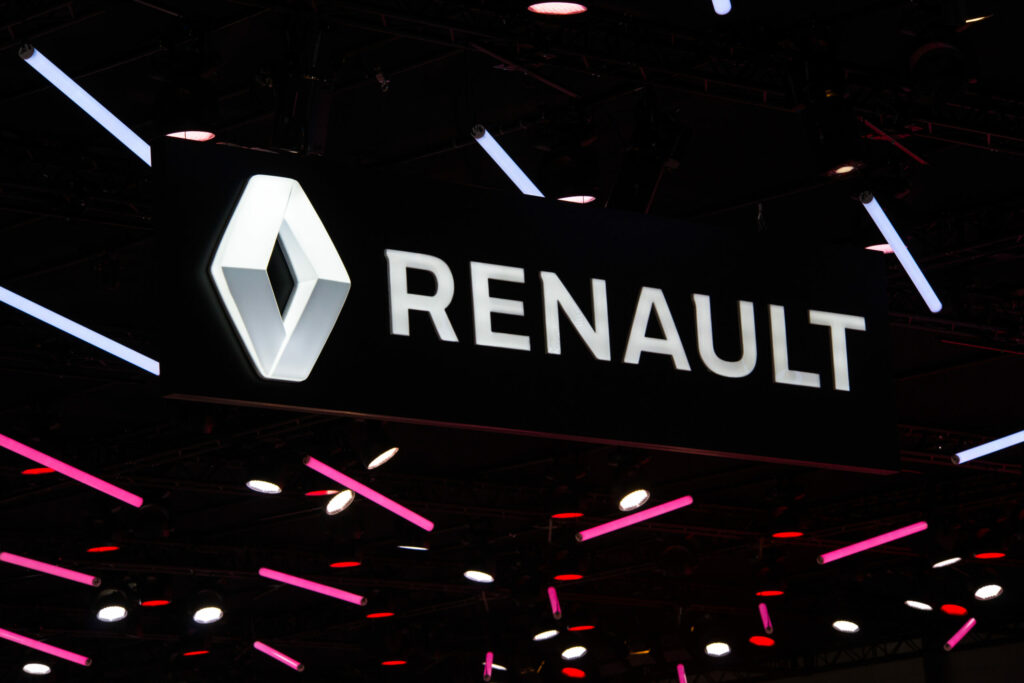
Towards a new category of electric vehicles
According to Reuters, at the Journée de la filière automobile organised by the PFA in Paris, Renault CEO François Provost presented his plan. He proposes to create electric cars less than 4.20 metres long, longer than the Renault 5 and Renault 4. Battery capacity would be limited to 50-60 kWh, in order to reduce costs and offer an affordable price.
To illustrate his point, François Provost mentioned Dacia’s Hipster prototype, inspired by Japanese kei cars. In his view, freezing regulations for 10 to 15 years would enable models to be standardised and costs to be optimised. The aim is clear: to make electric vehicles accessible to a wide public, while maintaining their status as « real cars » rather than quadricycles.
An « M1-e » category to compete effectively
The European Commission is currently working on the creation of an intermediate category between light quadricycles (L7) and conventional cars (M1). François Provost suggests calling it « M1-e » to differentiate these urban vehicles from licence-free models such as the Citroën Ami. This category would make it possible to limit the costly equipment imposed by the current rules, while guaranteeing basic safety.
At the same time, the Vice-President of the European Commission, Stéphane Séjourné, announced decisions to be taken on 10 December. These measures should make it easier to market electric vehicles priced between €15,000 and €20,000. This is an attractive price for European consumers, while providing a stable legal framework for manufacturers.

European targets deemed too restrictive
At the 4ᵉ Journée de la filière event at La Villette, several leaders warned of the proliferation of standards. Between now and 2030, 107 new regulations will come into force, some as yet undefined. François Provost pointed out that 25% of the time spent by engineers at the Technocentre is devoted to regulatory compliance. This situation is slowing down innovation and reducing competitiveness with Chinese manufacturers.
To illustrate the difficulty, he compared the situation to an athletics race: « While next to us, our competitors are sprinting for 100 metres, we are successively hurdling 110 metres ». This observation underlines the urgent need to simplify the rules to enable the rapid and effective development of electrics in Europe.
A united European industry
Since 2019, the Journées de la filière (Industry Days) have taken up the spirit of the 2009 Estates General on the Automobile. The aim of these events was to strengthen solidarity between manufacturers and equipment suppliers in the wake of the global economic crisis. Luc Chatel, former Secretary of State for Industry, reminded industry players of the importance of coming together to obtain adjustments from the European executive.
The current Chairman of the PFA praised the new-found cohesion: « In an industry often divided by competing interests, you have managed to pull together. This unity is considered essential for influencing Brussels’ decisions and preparing the market for the regulatory changes announced in December.
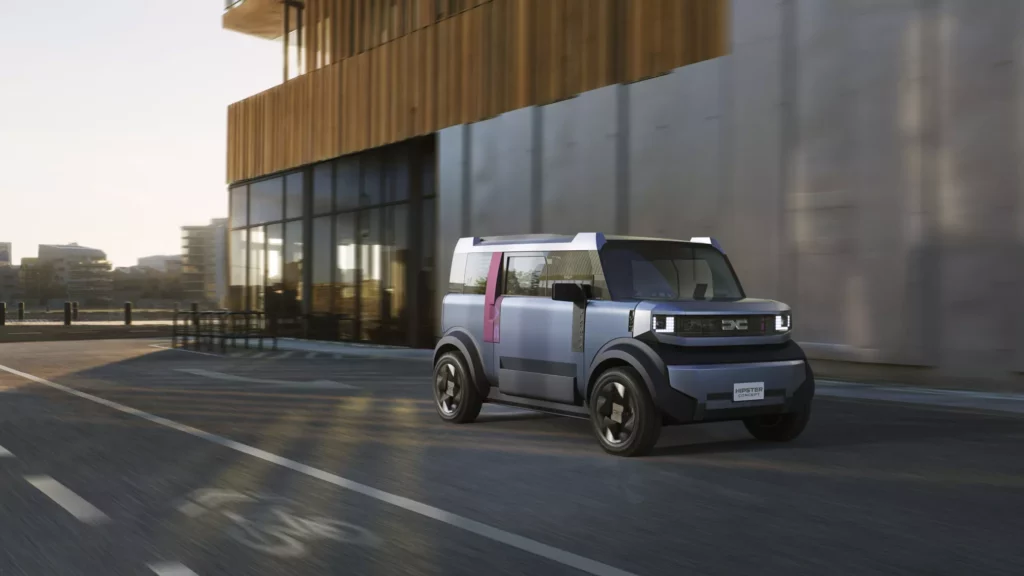
Affordable electric cars, but at what price?
Europe wants electric vehicles to cost between €15,000 and €20,000. However, reaching this price point means making concessions. Manufacturers will have to reduce certain features, such as passive safety and battery size. Consumers will therefore have to accept compromises in order to benefit from attractive prices.
Despite these adjustments, demand is there. The popularity of models such as the Dacia Spring shows that city dwellers are ready to adopt these vehicles. Similarly, certain cars such as the Citroën e-C3 show that affordable electric models are already possible, albeit with limited range. Safety and range will therefore remain the main levers that manufacturers will use to reduce costs.
A European reaction expected in December
On 10 December, the European Commission will present a regulatory framework tailored to small electric cars. The aim is to boost European production, increase competitiveness against Chinese imports and meet consumer expectations. These measures could mark a turning point for the European market, which has long been held back by complex standards and high costs.
The question remains: will the public accept cars with less safety or range in order to benefit from affordable prices? The European car industry hopes that the answer will be positive, in order to revive the industry while preserving innovation and jobs.

